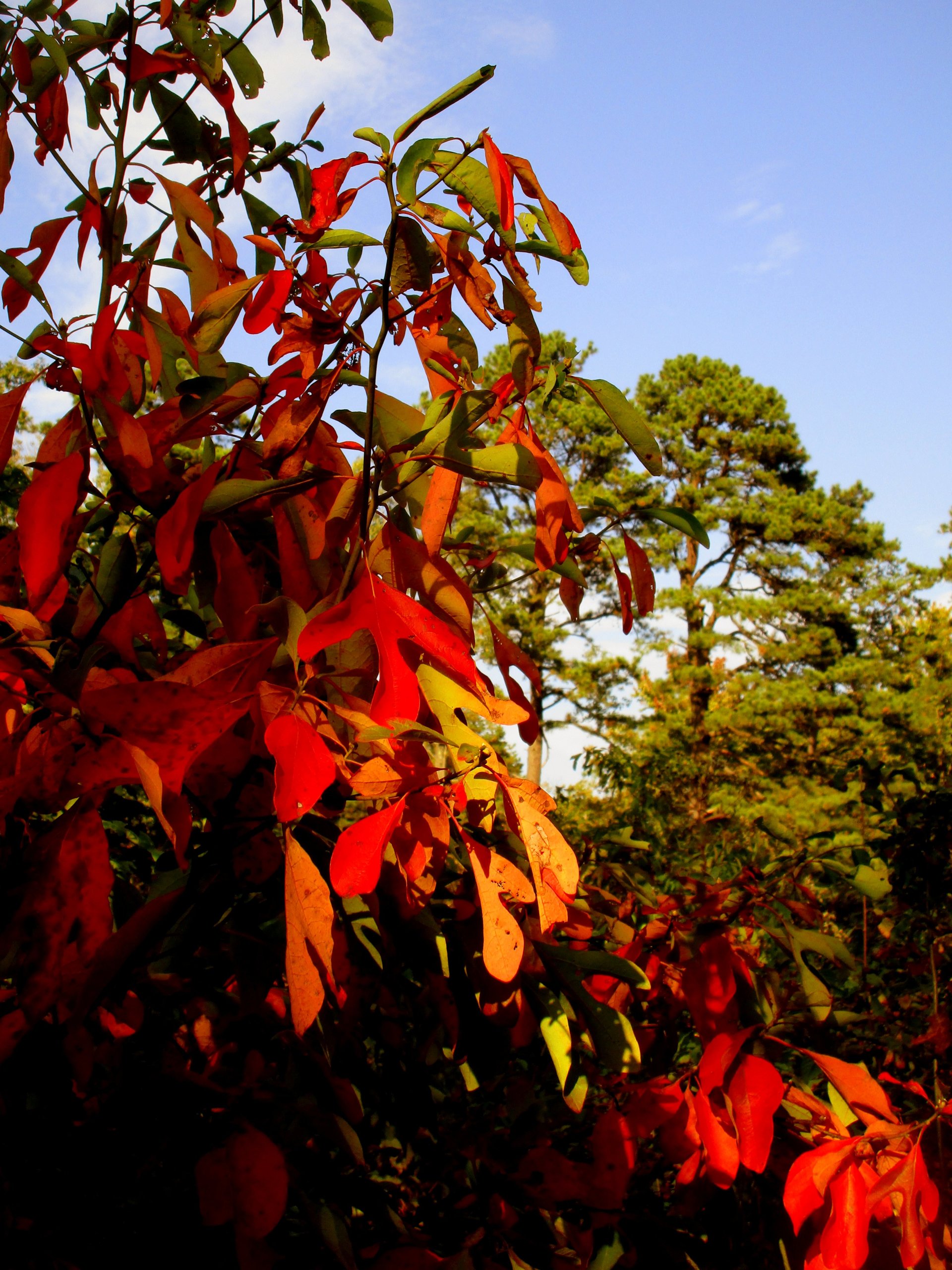Zero Cut – End the Logging on our National Forests 
Zero Cut – End the
Logging on our National Forests
By Jesse Strock The National Forests encompass over 200 million acres of public lands across the country. These lands, which were set aside for the public, are not simply used for recreation and tourism, but for heavy logging and clear cutting by the timber industry. The United States Forest Service (USFS) and the Bureau of Land Management (BLM) lease lands under their control to private timber industries for their own profit, leaving our public lands ravaged and barren. However, the amount of timber logged on the National Forests in this country is only 3.3% of the national total for logging, and most of the wood harvested is not top rate either. Why then, is the timber industry so interested in stripping our public forests when they account for so small a portion of the industry and do not yield high quality wood? Because the US government subsidizes their enterprise with $1.2 billion of tax payer money annually. How much do the timber companies pay back the government for their service? On average, $68 million. That is correct, the US government is paying timber companies from our pockets to come and pillage our public lands. Where does the public gain from this, or the forests? The National Forests were originally setup as preserves for wildlife in the late 1800s. Quickly after the passage of that law, the Organic Act of 1897 completely opened them up again for logging. Since then they have been heavily logged, and in the early 1900s almost the entire East coast was bare of trees. Now that the trees have had some time to grow back and reach “logging maturity”, the timber industry has started up its saws again and the government has begun to hand out more money. Since the 1980s there has been a tremendous amount of logging on the forests; in 1997 a reported 3.28 billion board feet of timber was sold from the National Forests. The repercussions of these cuts are tremendous, and we must act now to save our forests before it is too late.
Logging and clear cutting cause many problems: floods, dirty drinking water, decreases in fish stocks in streams, forest fires (the bad kind), insect infestations, and general declines in biodiversity. The economic effects are also devastating. Besides the $1.2 billion we are forced to pay every year to subsidize the timber effort, jobs are lost in recreation and tourism sectors of the forests. It has been estimated that recreation, tourism, fishing, and conservation provide 30 times more income and 38 times more jobs than logging. Most of the logging jobs would probably be provided anyway, by local companies that log their own private lands, who cannot afford to compete with the big timber companies who benefit from government subsidies.
There is a way to stop this senseless, money losing venture: the National Forest Protection and Restoration Act (NFPRA) HR 1396. The NFPRA bill would immediately end logging in all roadless areas and prohibit new timber sales, and phase out all existing sales within two years. The money invested in the timber program would be redirected: to funds for worker retraining, giving preference to displaced timber workers for jobs in the woods doing ecological restoration; to provide funding to replace 25% revenue sharing payments to states for counties and local governments, including school funding; and to provide funding for environmentally sensitive non-wood alternative paper and construction materials. After all this money has been redirected, a surplus savings of $300 million would still exist. In essence, this bill would halt logging on National Forests, redirect money to ecologically protective programs and schools, and still save taxpayers money. Write your House representatives, tell them to co-sponsor the McKinney-Leech bill, tell them you will not accept anything less. Make a change.
published May/June 2000 Newsletter
Last Updated 5/23/00
